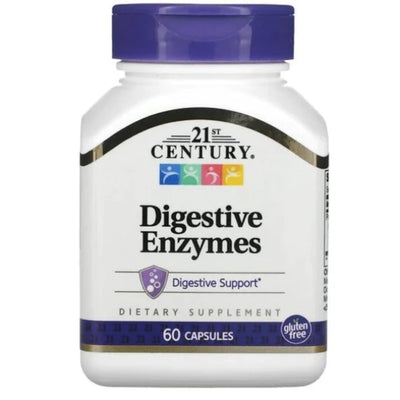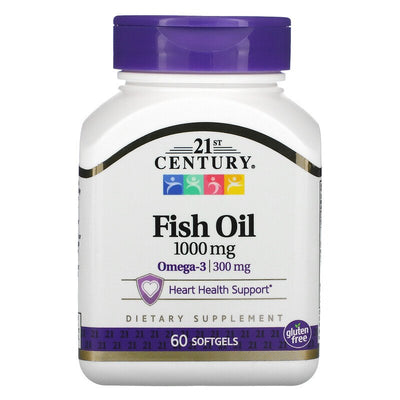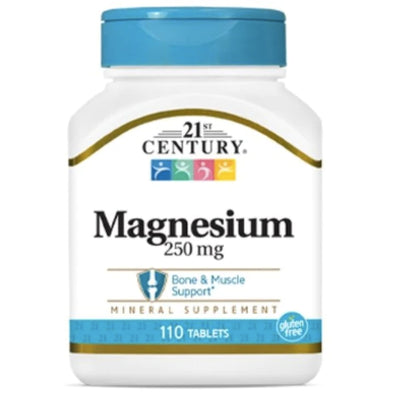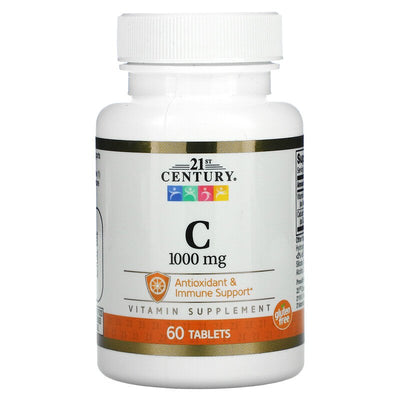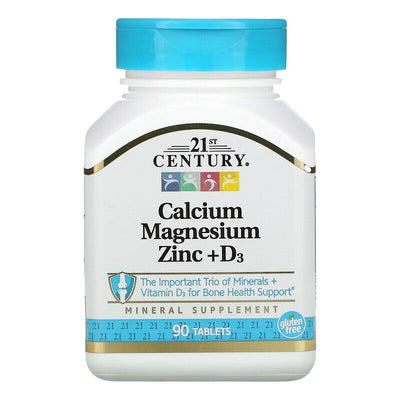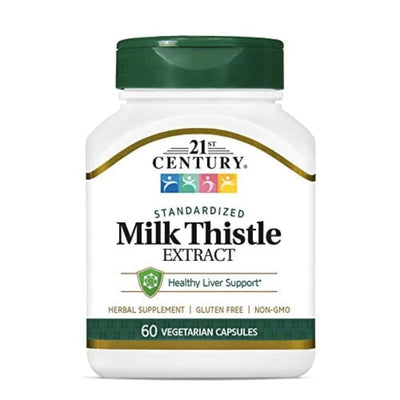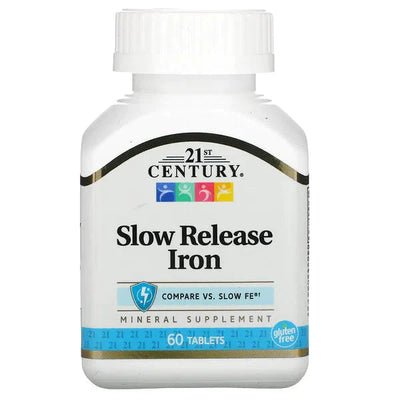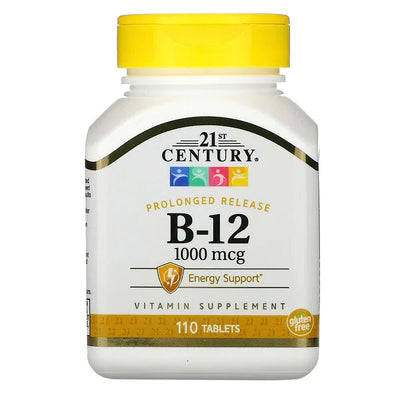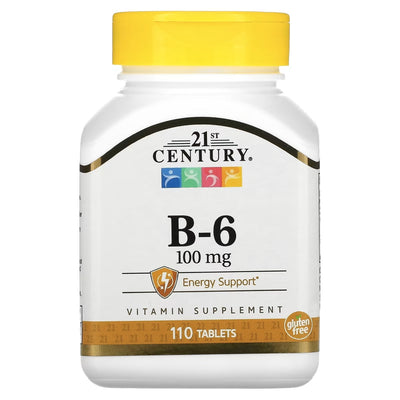
Protein and Athletes: Tailoring Intake for Performance and Recovery
The Importance of Protein for Athletes
Protein is integral to the athlete's diet for several reasons:
- Muscle Repair and Growth: Intense training can cause microscopic damage to muscle fibers, which protein helps repair and rebuild.
- Performance Enhancement: Adequate protein intake supports muscle strength and endurance, contributing to overall athletic performance.
- Recovery: Protein reduces muscle soreness and aids in the faster recovery of muscle function post-exercise.
How Much Protein Do Athletes Need?
The protein needs of athletes exceed those of non-athletes due to increased muscle breakdown during exercise and the need for more significant repair and growth. General guidelines suggest:
- Endurance Athletes: 1.2 to 1.4 grams of protein per kilogram of body weight per day.
- Strength Athletes: 1.6 to 2.0 grams of protein per kilogram of body weight per day.
These requirements can vary based on the athlete’s specific sports demands, the intensity of the training, and the athlete's overall dietary goals.
Timing of Protein Intake
The timing of protein intake is as crucial as the amount consumed. For optimal muscle recovery and growth, consider:
- Pre-Exercise: Consuming a protein-rich meal 2-3 hours before training can help reduce muscle protein breakdown during exercise.
- Post-Exercise: Protein intake within 30 minutes to two hours after training can significantly enhance muscle recovery and growth by rapidly increasing muscle protein synthesis.
- Before Bed: A protein serving before sleep can support overnight muscle repair and growth, especially effective with slow-digesting proteins like casein.
Best Sources of Protein for Athletes
Animal-Based Proteins
These include meat, fish, dairy, and eggs, which are complete proteins containing all essential amino acids. Options like whey protein are particularly beneficial post-workout due to their rapid absorption rates.
Plant-Based Proteins
Sources such as legumes, nuts, seeds, and whole grains are vital for those following a vegetarian or vegan diet. Plant-based protein powders, including pea and rice protein, can also support muscle recovery and growth.
Protein Supplements
For convenience and efficiency, protein supplements can be an excellent addition to an athlete's diet. Supps247 offers a range of high-quality protein products, including whey protein, casein, and plant-based options that cater to different dietary needs and preferences.
Practical Tips for Incorporating Protein
- Diversify Your Sources: Include various protein sources in your diet to ensure a full spectrum of essential amino acids.
- Stay Hydrated: Protein metabolism requires adequate hydration, so increase your fluid intake as you up your protein consumption.
- Monitor Your Intake: Use a nutrition tracking app or consult with a sports nutritionist to ensure you’re meeting your protein needs without exceeding other dietary limits.
Conclusion
For athletes, protein is not just another nutrient—it's a cornerstone of effective training and recovery. By understanding how much to consume, when to consume it, and the best sources, athletes can significantly enhance their performance and recovery. Whether through whole foods or supplements from trusted sources like Supps247, tailoring protein intake to athletic needs can lead to marked improvements in both health and athletic performance.







